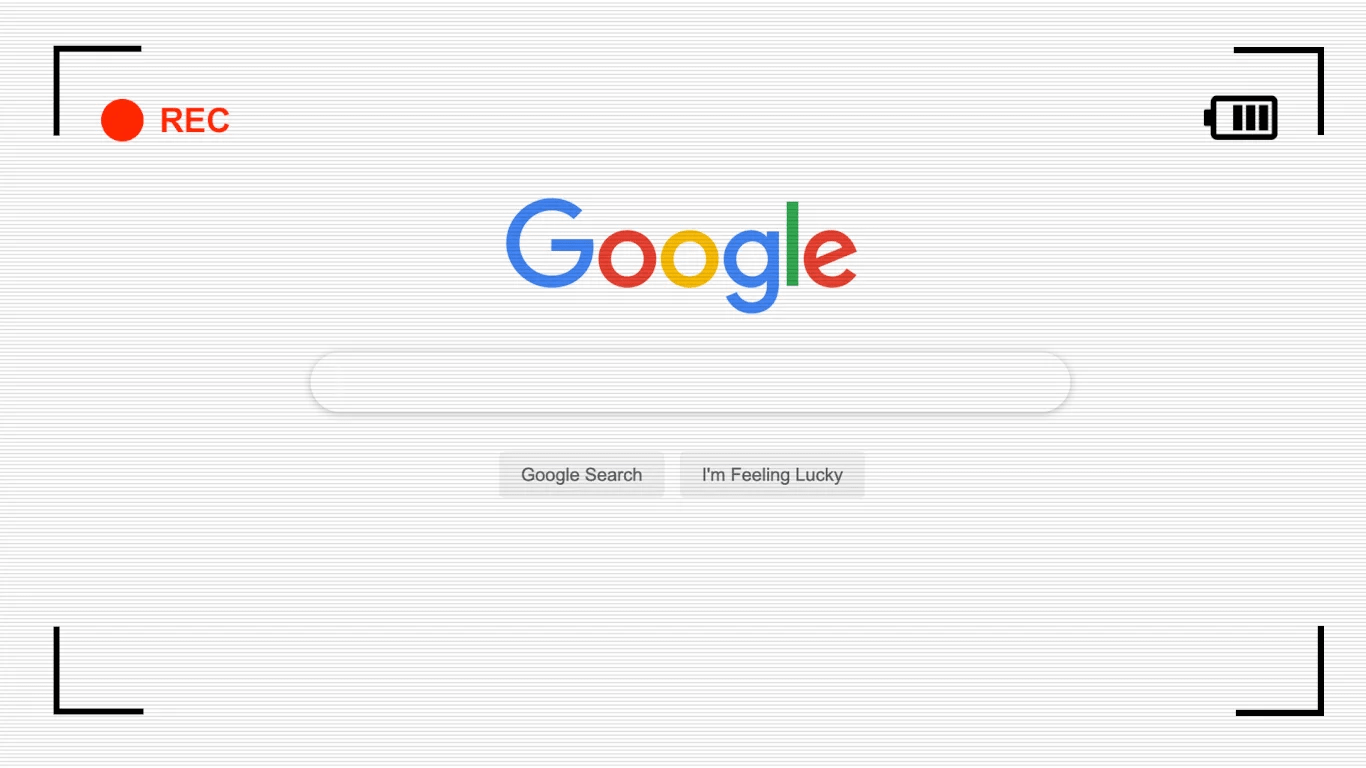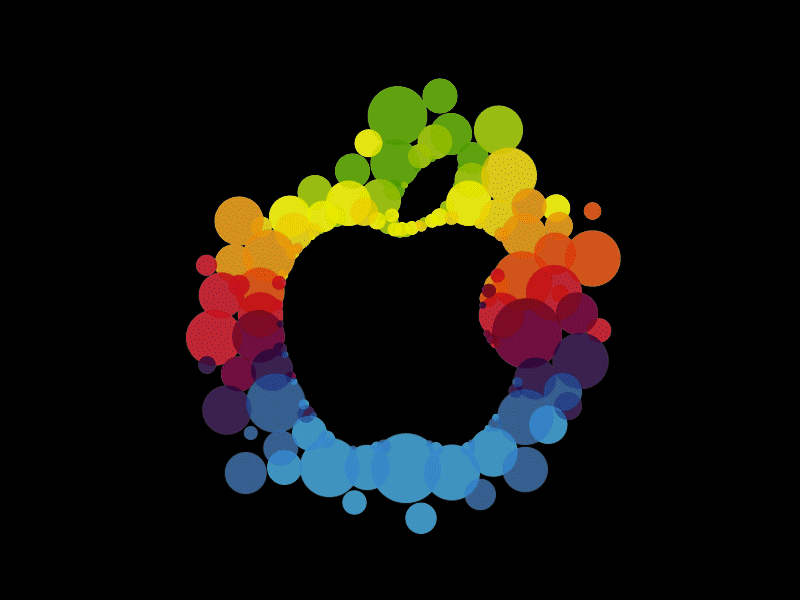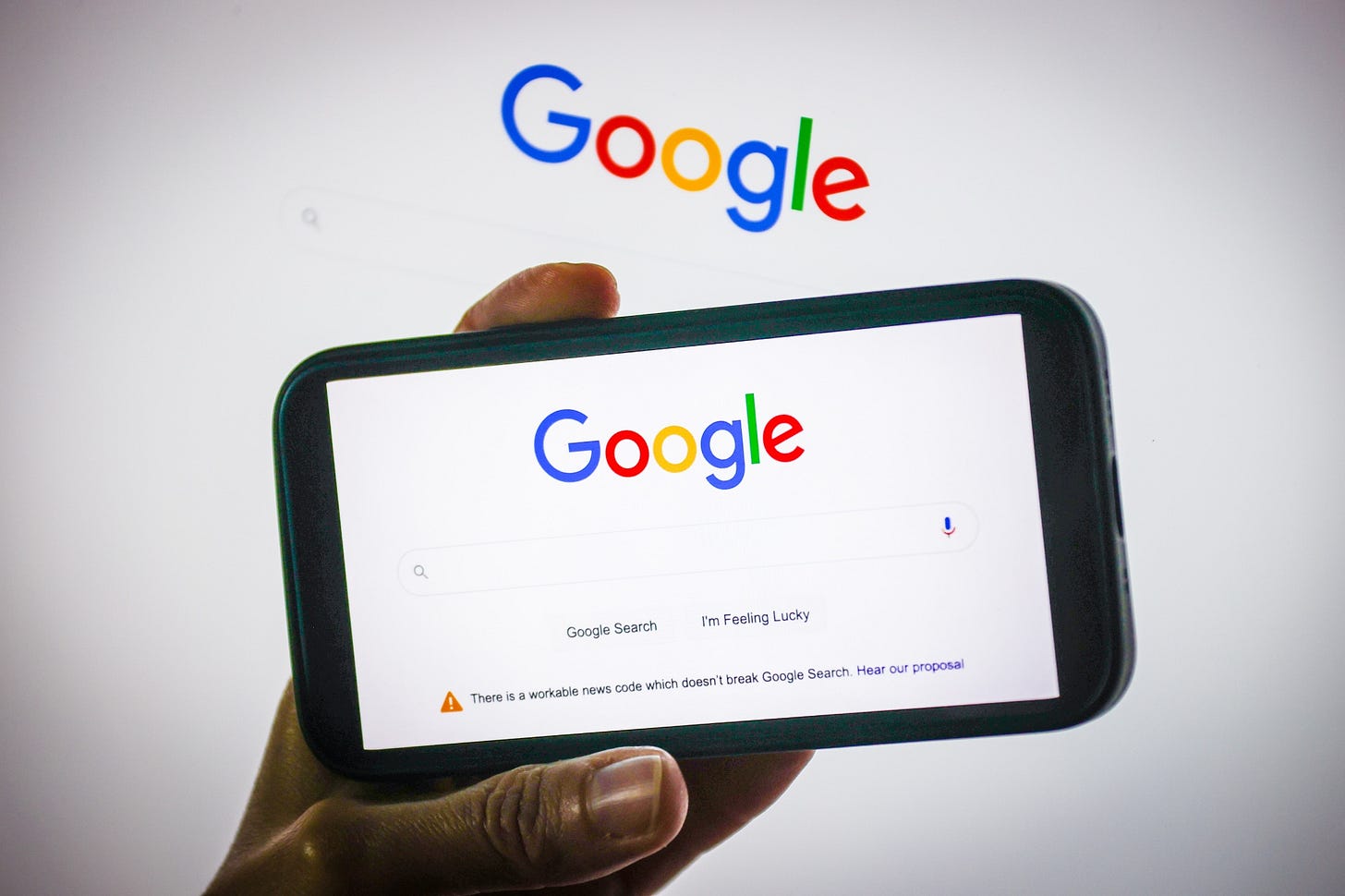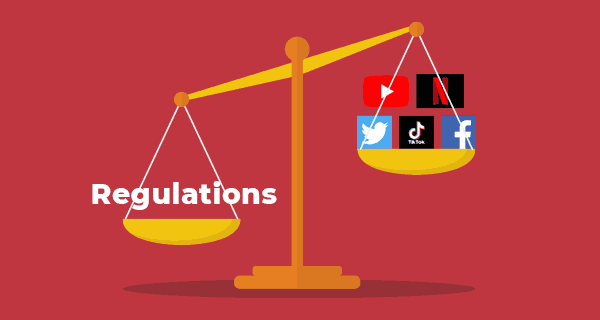AI: 'Remedies phase' next for Google antitrust case. RTZ #446
...'structural vs behavioral' remedy debates ahead, with implications for AI Tech Wave from the 'Mount Rushmore of antitrust'
Now that judicial rulings against Google have at least ruled on monopolist antitrust behavior by the company on its ‘Default’ Search Deals on smartphones, the debates on possible remedies have begun. The case has been years in the making and litigating as this Axios piece highlights.
As I outlined a few days ago, next steps will take months if not years to wind their way through the regulatory and appeals processes. And Google rivals are speaking up post the decision.
As the Verge outlines in “What Google rivals want after DOJ’s antitrust trial win”:
“Longtime Google rivals like Yelp and DuckDuckGo received a huge victory Monday when a federal judge ruled that Google is an illegal monopoly. But their statements on the ruling expressed restraint. That’s because the work of restoring competition has just begun, and the judge has yet to decide what that work will include. With a lot of options on the table, Google’s competitors are pushing for changes they believe will help their businesses, which might be harder than it sounds.”
“While we’re heartened by the decision, a strong remedy is critical,” Yelp CEO Jeremy Stoppelman wrote in a blog post after the ruling, referencing the new trial phase that will kick off in September.”
“We’ve passed a key milestone, but there’s still a lot of history to be written,” Kamyl Bazbaz, senior vice president of public affairs for DuckDuckGo, said in a statement. “Google will do anything it can to get in the way of progress which is why we hope to see a robust remedies trial that can really dig into all the details, propose an array of remedies that will actually work, and set up a monitoring body to administer them.”
The fork in the road for the Judge here and regulatory authorities is whether to pursue structural vs behavioral remedies. In other words, pursue remedies that encourage spinoffs of the affected busisses, or encourage ‘behaviors’ that open up the aperture for competing services to participate.
I’ve written about the possible merits of ‘premptive Spinoffs’ for Big Tech companies that are worth thinking about independent of regulators.
Both seem on the table, with the odds likely leaning to behavioral vs structural remedies. And implications beyond Google for Apple and others. As the Verge piece continues:
“These statements reflect an understanding that Judge Amit Mehta’s decision on how to restore competition will be just as — if not more – important than his finding that Google violated antitrust law. The recently concluded liability phase determined that Google violated the Sherman Act through exclusionary contracts with phone and browser makers to maintain its default search engine position. In the remedies phase, Mehta will decide how to restore competition in general search services and search text advertising. But a weak remedy will simply give Google a pass.”
“DuckDuckGo knows better than most how important effective remedies are. Google was ruled a monopolist in the European Union years ago, and the region imposed a choice screen in an attempt to create competition, asking device users to select their default search engine. But the approach hasn’t seemingly produced as much of an impact as competitors once hoped — and Google remains overwhelmingly dominant.”
And as I said in my piece last week, the ruling also impact AI in this AI Tech Wave. The Verge goes on to say:
“Meanwhile, the specter of artificial intelligence looms over the case, threatening to make moot any proposed solution that doesn’t account for how the whole business model of search could change in the coming years. Hepner said the court could consider solutions like requiring Google to open access to its large language model (LLM).”
“Department of Justice antitrust chief Jonathan Kanter hasn’t commented specifically on what remedies the department will seek, beyond noting they “need to be forward-looking” to account for issues like AI. But he’s previously said that the division would “pursue structural remedies in our conduct cases whenever possible,” meaning break-ups, rather than mandates to change certain behaviors. If the DOJ puts forward a broad remedy and Mehta rules in favor of it, the result could be a whole new tech landscape.”
Also worth reading is the Verge’s interview with Jonathan Kanter by Verge editor-in-chief Nilay Patel, “DOJ antitrust chief is ‘overjoyed’ after Google monopoly verdict”:
“AAG Jonathan Kanter says the Google monopoly verdict belongs on the ‘Mount Rushmore of antitrust.’”
“The court hasn’t decided on the penalties for all this yet — that’s scheduled to happen in something called the remedies phase, which will kick off next month. And Google has already set it plans to appeal.”
“It’s the biggest antitrust win against a tech company since the Microsoft case in the late ’90s and early 2000s — and it promises to shake up the entire tech landscape. For example. Google was paying Apple $20 billion a year to be the default search engine on iPhones and Macs, and that kind of arrangement will be under the microscope now.”
It’s a nuanced interview discussing the 280-plus page verdict, with the stage being set well in the beginning:
“The conventional wisdom about this case and that decision is that it is entirely about the payments Google makes to Apple to be the default search engine on iOS. Are those payments illegal now?”
“I want to be very careful here. This is still active litigation.”
“We are heading into the remedy phase, so I can talk generally about the case. And what I would suggest is —given that you’ve read all 280-plus pages — you’ll probably observe that the case is about a lot more than that. The case is about the ingredients that go into creating and maintaining a monopoly, whether it’s the scale that you need for crawling and indexing, the data that you need from a click stream and from queries, and the distribution necessary to get the queries that you need in order to generate the scale that you need, and then, of course, the advertising revenue that you need in order to maintain that capital-intensive business. All of that is discussed at length in the court’s opinion.”
The whole interview is worth reading in all it implications and nuance. Much at stake for the big tech companies of course like Google, Apple and others, especially as other antitrust cases are winding through the courts against them as well.
And of course big implications for the AI Tech Wave, as many of these developments affect how AI applications and services find distribution at Scale as well.
Will come back with more in future posts on this critical topic as events warrant. Stay tuned.
(NOTE: The discussions here are for information purposes only, and not meant as investment advice at any time. Thanks for joining us here)









